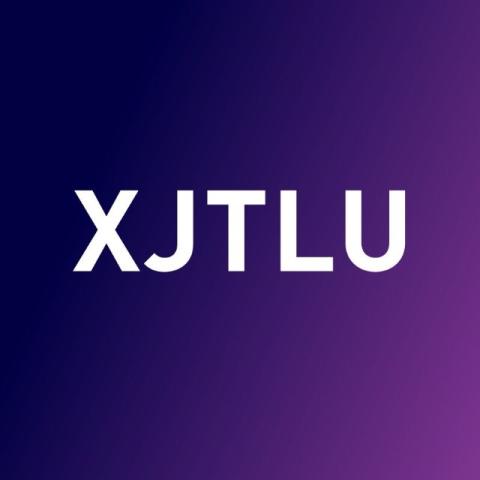
Machine translation: the questions educators need to ask
Language translation software is an increasingly powerful and widely used tool, but how is it used by students learning in a second language, and what challenges does this present to their teachers? Andy McIntosh highlights some practical and ethical considerations
You may also like
Popular resources
Key Details
This video will cover:
00:14 An introduction to machine translation and how it can be used
01:53 Questions to ask about students’ use of machine translation for reading during their studies
03:02 Questions to ask about students’ use of machine learning for writing
Transcript
Hello, my name is Andy McIntosh, and I’m speaking to you from XJTLU university in China.
And today I’d like to consider briefly the challenges which machine translation, and in particular, long machine translation, is bringing to the teaching of language and, specifically, English for academic purposes (EAP).
Machine translation is basically when technology is used to convert from language A to language B, without human involvement. It’s been around probably since the 1950s in one form of another, but more recently it’s becoming increasingly powerful, increasingly accurate and increasingly widespread. Who has not heard of Google Translate? The phones now all have translation apps.
And part of this increasing power is the ability to translate longer text, not just single words or phrases, but entire paragraphs, sections, chapters or even texts, and this presents some problems.
The technology is widely used by language students. For them, it’s quick, it’s efficient and it’s easy. It avoids the problems of having to deal with their second language at university, in this case English.
But it does raise serious questions about the effects on their language learning and, indeed, their wider academic development. I’m going to explore this briefly by considering the student advantages and also some of the educational challenges, looking at first reading and then writing.
So reading – obviously, for students it’s great. They can read in their first language without having to work to understand the English.
But does meaning always equate to the message that is given? There can be various interpretations of specific selections of words. Can one translation allow these, or is it just the quickest one?
Then there’s a subtlety of author stance. The authors generally choose their words carefully.
Can a machine understand that? And then what about the question of culture. If a society expects a more direct, more immediate response, can machine translation make the cultural bridge?
And finally, language input – as language teachers, we often expect the input theory, that students get good input and then this will enable them to produce good output. Possibly a problem here.
So turning our attention to writing. Again, for students it’s great. They can write in their first language, normally here it’s Chinese, and it translates into the target language, normally English.
But is this language natural if we put English words into Chinese structures? Is that normal now, or can it complicate our understanding as teachers here?
Arguably, the counterargument is that English is a global language and therefore we should accept more variation in this, that can be Chinese-English.
What ownership? And this connects to both who is the recognised author of a text and the copyright, if it is written in first language and then technology is used to produce the output.
Connected with that is academic integrity; is it acceptable for technology to be used to produce longer written output by students as they advance through their university time?
So, I hope I’ve raised some questions there. Really, my message is that we need to understand more about both students’ usage of and their attitudes to machine translation.
We as teachers should be providing intelligent guidelines on how to use it well, how to use it critically; and this can be in the more general framework of digital literacy.
My final message: the machine translation is a tool but not the solution. Thank you very much.
Andy McIntosh is a senior lecturer who teaches English for academic purposes at Xi’an Jiaotong-Liverpool University.




Comments (0)
or in order to add a comment